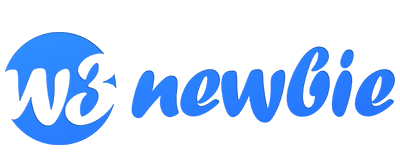HTML Links
HTML links, also known as hyperlinks, are clickable elements that connect one web page or resource to another. They are essential for creating interconnected web pages and enabling users to navigate between them.
Here’s how HTML links work:
- Anchor Tag (
<a>):- Links are created using the anchor tag (
<a>) within HTML code. - The content between the opening and closing tags becomes the clickable text or element.
- Links are created using the anchor tag (
- The
hrefAttribute:- The
hrefattribute specifies the URL (Uniform Resource Locator) of the destination page or resource. - It tells the browser where to go when the link is clicked.
- The
Common Types of Links:
- External Links: Links to pages on different websites (e.g.,
<a href="https://www.example.com">Example Website</a>) - Internal Links: Links to pages within the same website (e.g.,
<a href="#contact">Contact Us</a>) - Email Links: Links that open the user’s email client (e.g.,
<a href="mailto:[email protected]">Send Email</a>) - Download Links: Links that initiate file downloads (e.g.,
<a href="downloads/report.pdf">Download PDF</a>) - Image Links: Links that make images clickable (e.g.,
<a href="image.jpg"><img src="image.jpg" alt="Description"></a>)
Key Attributes for Links:
- href: The URL of the destination resource (mandatory).
- target: Controls how the linked page opens (optional). Common values:
_self: Opens in the same window or tab (default)._blank: Opens in a new window or tab.
- title: Provides additional information about the link when hovering over it (optional).
Link with Attributes Example:
HTML:
<a href="https://www.example.com" target="_blank" title="Visit Example Website">Visit Example Website</a>Importance of Links:
- Navigation: Links allow users to explore and move between different parts of a website or the internet as a whole.
- Information Structure: They create relationships between content, organizing information and establishing hierarchies.
- Content Discovery: Links help users discover related content and resources, expanding their knowledge and exploration.
- SEO: Search engines use links to understand the relationships between web pages, influencing search rankings and discoverability.





